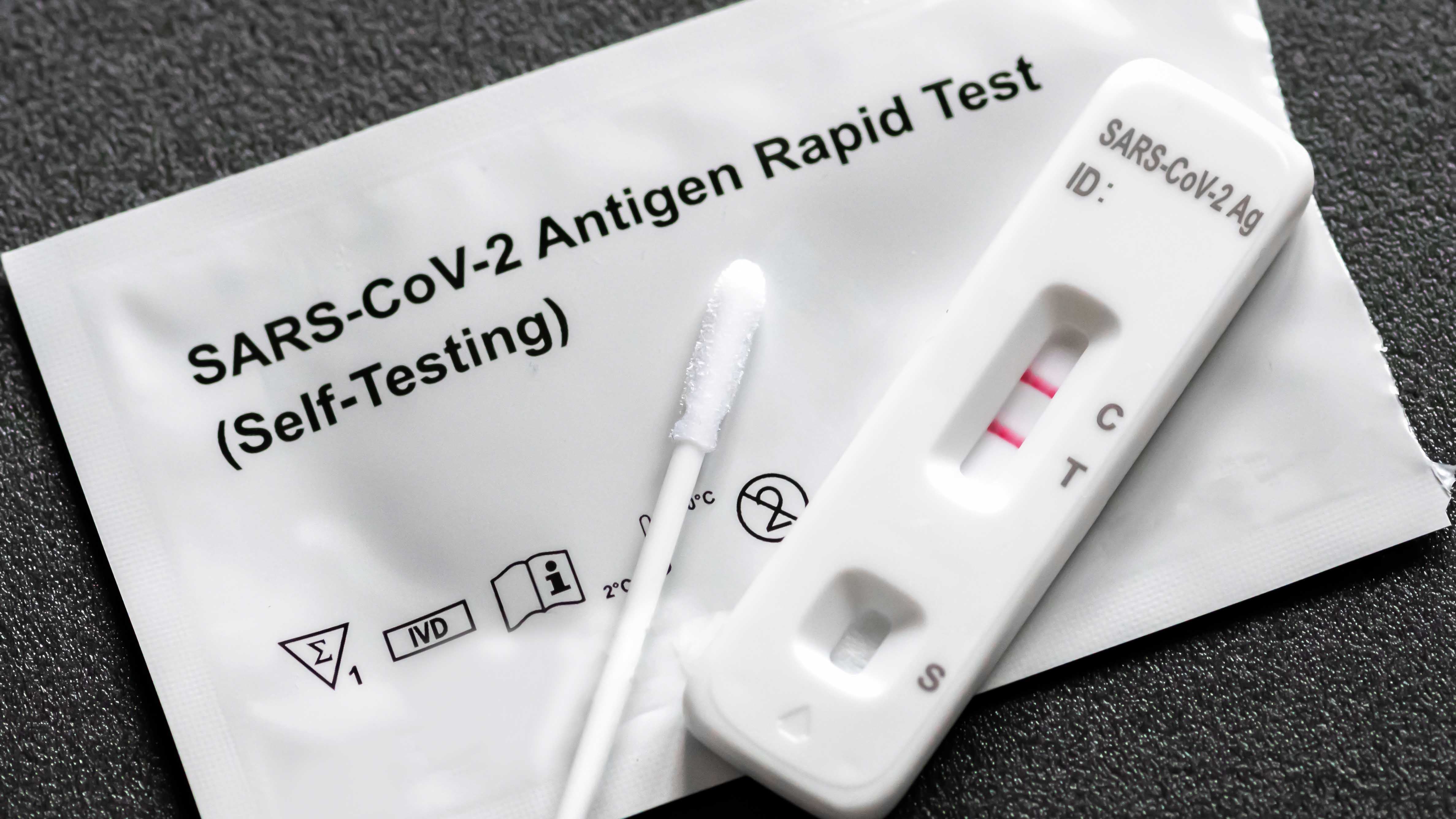As scientists continue to try to understand long COVID, new research shows there's about a 25% increased risk of developing a psychiatric disorder in the four months after infection.
Long COVID is the catch-all term for a hydra-headed condition whose symptoms can include fatigue, difficulty breathing, heart palpitations, brain fog, lightheadedness, stomach pain and altered sense of taste or smell, the Centers for Disease Control says. Estimates on how many people who recover from COVID have long COVID vary, as do the severity and duration of symptoms, but recent research has pegged the number from roughly 20% to 50%.
Despite intense investigation, the causes of long COVID are not well understood and treatment largely focuses on helping patients cope with their symptoms. Tufts Medical Center's Dr. Shira Doron and Boston Medical Center's Dr. Benjamin Linas unpacked the latest research on psychiatric symptoms after COVID infections during NBC10 Boston's latest "COVID Q&A" discussion.
More from COVID Qu0026amp;A
Get New England news, weather forecasts and entertainment stories to your inbox. Sign up for NECN newsletters.
Scientists at Oregon State University found that people with COVID had a 3.8% rate of developing a psychiatric disorder compared with 3% for other respiratory tract infections, which amounts to about a 25% increased risk.
The study used electronic medical record data to compare the mental health impacts on hundreds of thousands of COVID patients with other types of respiratory tract infections in the first four months after infection. While local experts say these studies are important, they do little to shed light on the causes long COVID.
"There are so many long COVID studies and they are so hard to do in a scientifically rigorous way."
Dr. Shira Doron, hospital epidemiologist at Tufts Medical Center
"The medical records studies have strengths and weaknesses," Linas said. "The strength is really the size of the sample and the very broad breadth of what you're studying. But the trade-off is sometimes the depth of what you're able to study is less. And so that's one type of research that we can do, and it's important, but no one can make conclusions off of one study."
Medical research thus far has led to theories about what causes long COVID, but no single root. One theory revolves around lingering infection or virus remnants that may trigger inflammation in the body. Another possibility involves autoimmune system responses that mistakenly attack normal cells. Researchers are also investigating the role of tiny clots associated with COVID infection. But none of it is conclusive.
"Really what it just highlights is how little we know about what this is," Doron said. "There's an enormous amount of work to be done to elucidate what it is and divide it up into buckets of what is specific to COVID, what is specific to post-illness -- any illness -- what is related to living in a pandemic and then what is related to the mental health crisis that we know already existed before the pandemic even arrived."
Linas and Doron pointed to another variable that makes it difficult for scientist to discern the exact cause of mental illness after infection: many people are suffering from the psychological distress of living through a global pandemic.
Depression rates more than tripled during the pandemic, according to a study published in JAMA Network Open, jumping from around 8.5% of the general population to 27.8% during the pandemic. The pandemic only exacerbated a pre-existing mental health crisis in the U.S., local experts say, which adds stress to an already overwhelmed health care system.
"We've always had a miserably underdeveloped and under-supported mental health care system in the United States that was struggling even before COVID. Then we had a global pandemic with all the stress that that put on all of us and, additionally, we now had two years of restrictions and then divisive policymaking, and now confusion and a lot of infighting and cultural war," Linas said. "Yes, the virus could be driving mental health conditions and we need to know that. But certainly, clearly, everything we're doing around the virus in the way that we've structured our society and the lack of support that we're giving to people who have mental health conditions -- that's what's really driving the mental health crisis."
The Associated Press contributed to this report.



